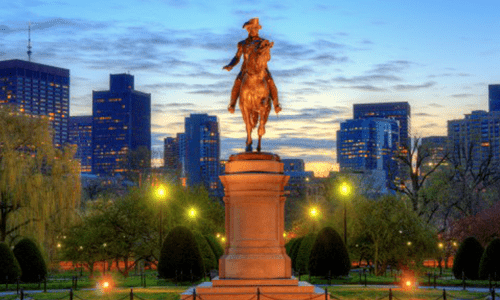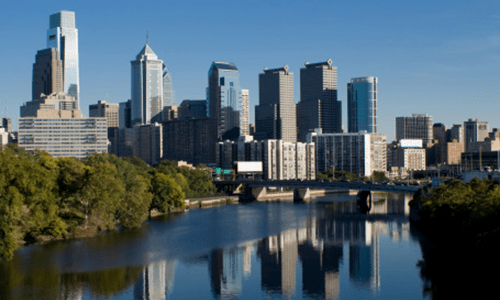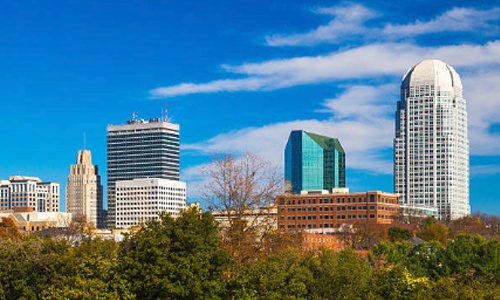
Boston, MA
A global city, Boston is placed among the top 30 most economically powerful cities in the world. The Greater Boston metropolitan area has the sixth-largest economy in the country and 12th-largest in the world. Boston’s colleges and universities have a significant effect on the regional economy, with students contributing to the city’s economy. The area’s schools are major employers and attract industries to the city and surrounding region. The city is home to a number of technology companies and is a hub for biotechnology, with the Milken Institute rating Boston as the top life sciences cluster in the country. Boston receives the highest absolute amount of annual funding from the National Institutes of Health of all cities in the United States. The city is also considered highly innovative for a variety of reasons that include the presence of academia, access to venture capital, and the presence of many high-tech companies. Tourism comprises a large part of Boston’s economy, with 21.2 million domestic and international visitors each year. Because of Boston’s status as a state capital and the regional home of federal agencies, law and government are another major component of the city’s economy. The city is a major seaport along the United States’ East Coast and the oldest continuously operated industrial and fishing port in the Western Hemisphere. Other important industries are financial services, especially mutual funds and insurance. Boston-based Fidelity Investments helped popularize the mutual fund and has made Boston one of the top financial cities in the United States. The city is home to the headquarters of Santander Bank, and Boston is a center for venture capital firms. State Street Corporation, which specializes in asset management and custody services, is based in the city. Boston is a printing and publishing center – Houghton Mifflin is headquartered within the city, along with Bedford-St. Martin’s Press and Beacon Press. Pearson PLC publishing units also employ several hundred people in Boston. The city is home to three major convention centers – the Hynes Convention Center in the Back Bay, and the Seaport World Trade Center and Boston Convention and Exhibition Center on the South Boston waterfront.









